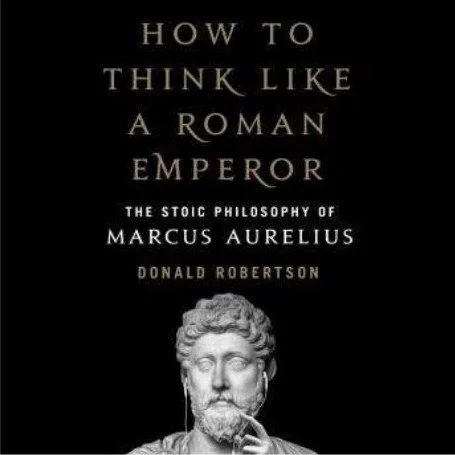JENNIFER MORGAN
/Executive Director of Greenpeace International
I have always hoped and dreamt to work with young people because I’ve always felt that it is their future. It’s so inspiring to be working with young people all around the world. I feel that we are in the midst of transformational change and that working together around these key moments where you can see those shifts happening – unimaginable things that you never thought were going to happen can happen. That would be my other advice to young activists that just when you aren’t expecting it, something will happen and you’ll be like, “I can’t believe they just decided that! Holy cow!” And then you’ve got to celebrate.














